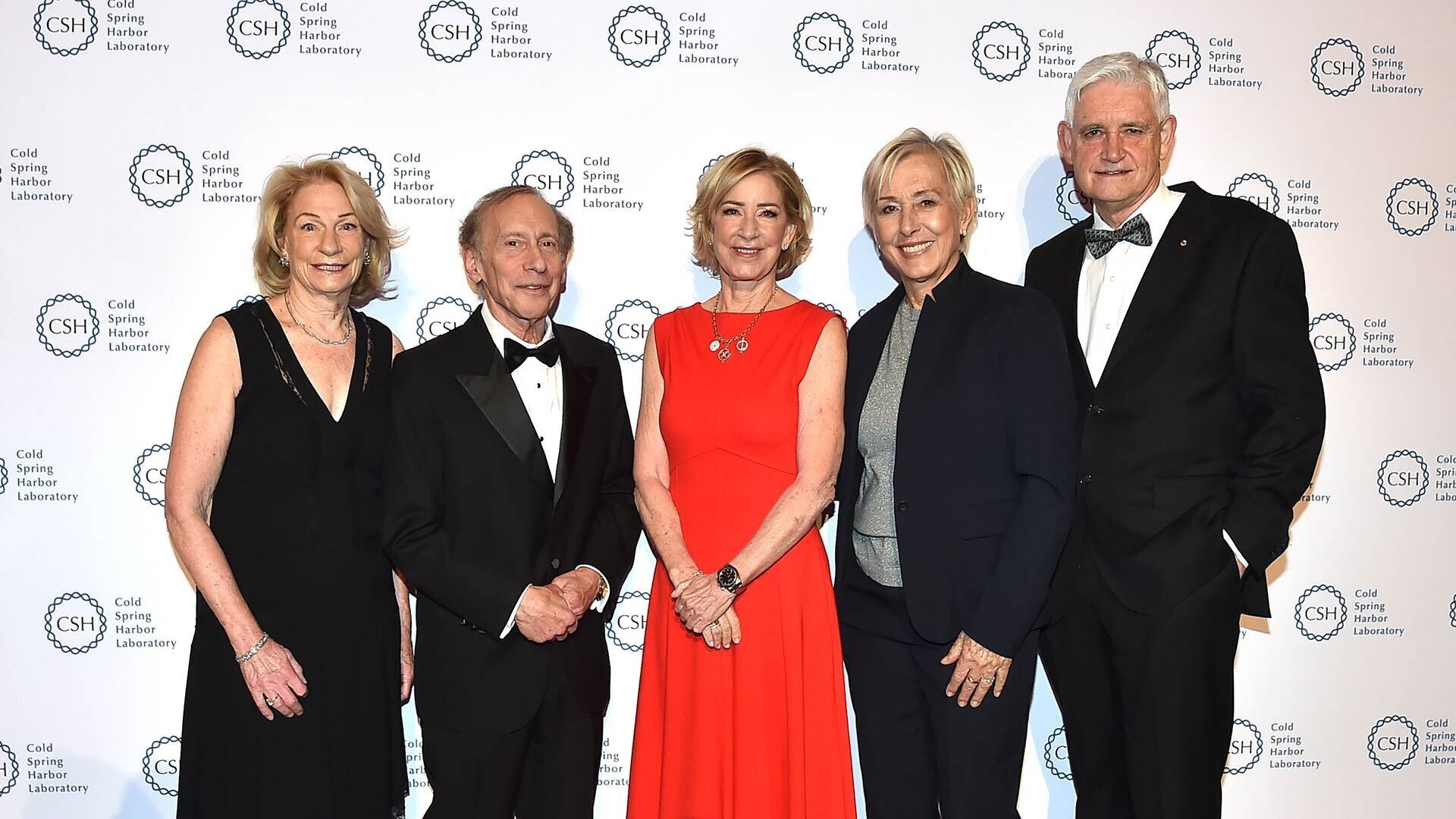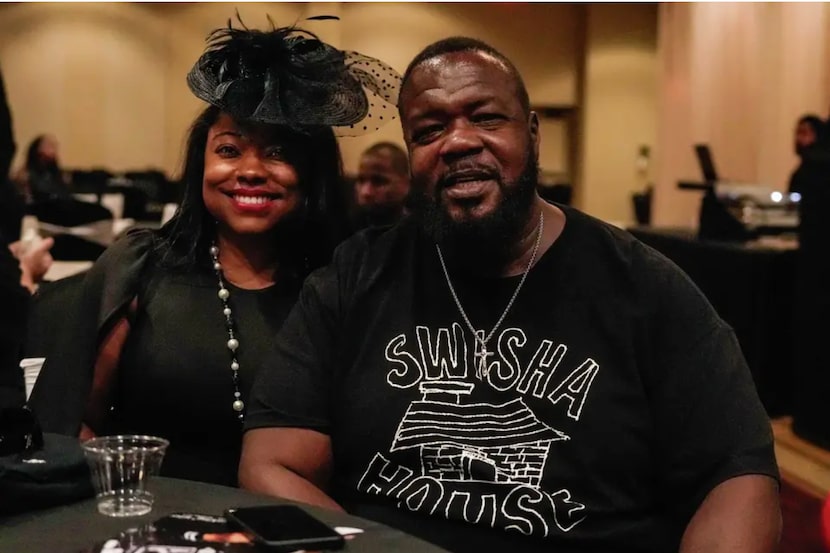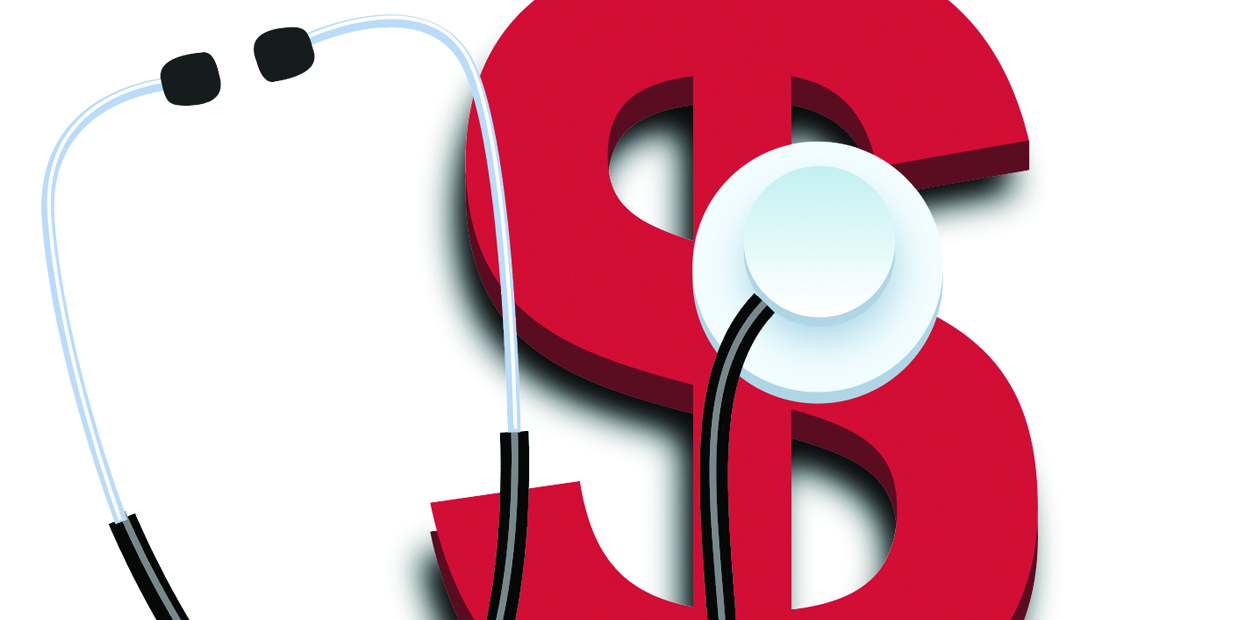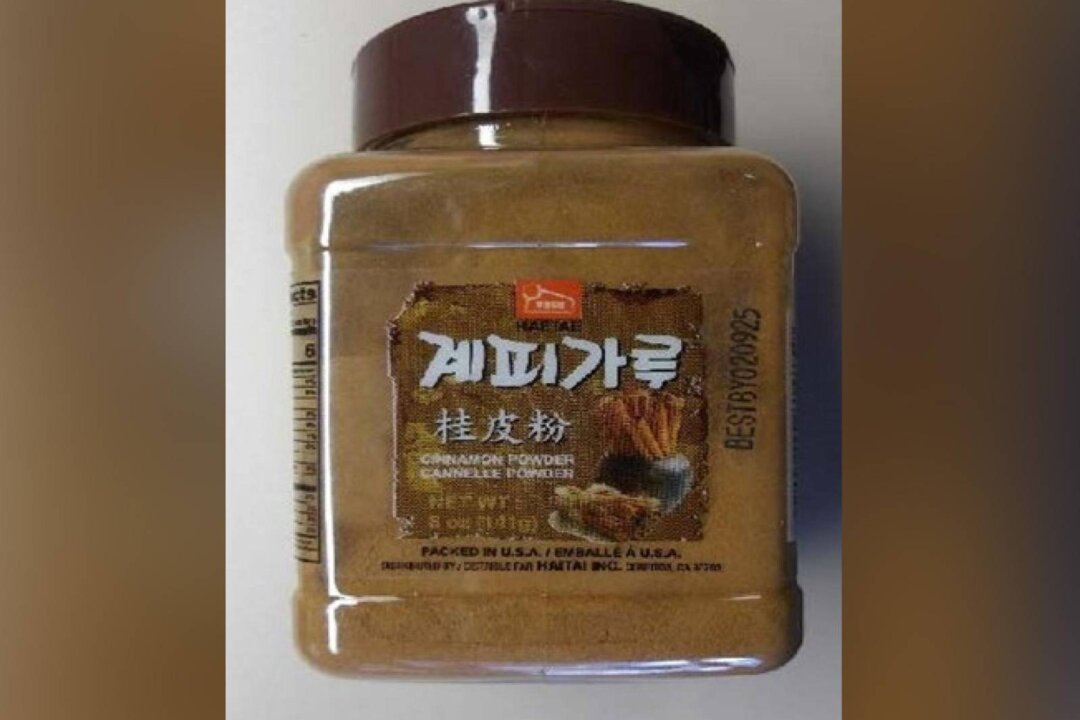On November 19, 2025, the Cold Spring Harbor Laboratory (CSHL) hosted its 20th annual Double Helix Medals dinner at the American Museum of Natural History in New York City. The prestigious event raised over $7 million to support CSHL’s biological research and education programs. CBS journalist Lesley Stahl emceed the gala, which celebrated the contributions of two legendary tennis players and cancer advocates, Chris Evert and Martina Navratilova, alongside biotechnology pioneer Dr. Robert Langer.
Honoring Champions of Cancer Advocacy
Both Evert and Navratilova are renowned for their exceptional careers in tennis, each claiming 18 Grand Slam singles titles. Their battles against cancer have further defined their legacies, as they have become passionate advocates for cancer research and prevention.
“We both realize we have such an opportunity to spread the good word,” Navratilova stated. “It makes you feel good when people say you made a difference. If you feel something, do something. Don’t sit on it. Chris is the living example of that.”
Evert echoed this sentiment, emphasizing the importance of proactive health measures. “If I hadn’t had genetic testing, I wouldn’t be here,” she remarked. “Don’t think you’re a wimp if you go to the doctor and get checked out.” Their advocacy underscores a vital message about the significance of early detection and research in the fight against cancer.
Innovations in Biotechnology
Dr. Robert Langer, a prominent figure in the field of biotechnology, has made groundbreaking contributions that have transformed medical research. He is one of only nine Institute Professors at the Massachusetts Institute of Technology (MIT) and holds the distinction of being the most cited engineer in history.
Langer’s pioneering work, particularly in isolation of the first angiogenesis inhibitors, has paved the way for new treatments for cancer and blindness. His development of nanoparticles and microparticles for delivering large molecules has been instrumental in advancing tissue engineering, including the creation of artificial skin for burn victims.
“I’m proudest of my students,” Langer commented, reflecting on his legacy. “They’ve done amazing things and keep training the next generations. I hope I’m remembered as a person who challenged conventional wisdom in science and engineering and made discoveries and inventions that ended up changing the world.”
The event was chaired by a distinguished group of individuals, including Mrs. Jeanne Moutoussamy-Ashe, Ms. Jamie Nicholls, and Mr. O. Francis Biondi, among others. Since its inception in 2006, the Double Helix Medals dinner has raised over $80 million to bolster CSHL’s research and educational initiatives, showcasing the commitment of the scientific community to advance human health.
Founded in 1890, Cold Spring Harbor Laboratory has been at the forefront of biomedical research and education, focusing on areas such as cancer, neuroscience, and quantitative biology. The laboratory employs around 1,000 individuals, including 600 scientists, students, and technicians, and is home to eight Nobel Prize winners.
For further details, visit the official website at www.cshl.edu.







